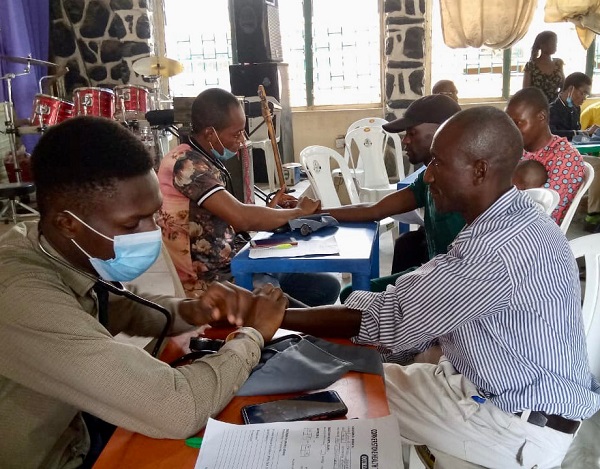
A public health expert has linked Nigeria’s fragmented and underdeveloped transport systems to worsening health inequalities, maternal mortality rates and delayed emergency responses across the country.
Speaking to journalists on Monday in Abuja, Dr Gabriel Adakole said, “Transport systems play a pivotal role in shaping health outcomes in Nigeria, influencing everything from emergency response times to maternal survival. The organisation and efficiency of these systems can either bridge or deepen health disparities.”
He explained that many Nigerians, especially those in rural and hard-to-reach communities, continue to suffer or die from preventable conditions simply because they cannot access healthcare on time.
“Imagine a pregnant woman in a remote village going into labour at midnight, only to find there’s no vehicle, no passable road and no way to reach the nearest health centre. These situations are not rare – they are the reality for many,” he said.
Adakole urged the government to invest in rural transport infrastructure, coordinate emergency medical transport better, and support community-based solutions such as motorbike ambulances and community-run referral systems.
“Programmes like the Emergency Transport Scheme (ETS) have had a real impact in parts of northern Nigeria. In states like Yobe and Katsina, ETS has helped reduce maternal and newborn deaths by ensuring timely transport to health facilities through locally trained volunteer drivers,” he said.
However, he stressed the need to scale up and mainstream such initiatives across the country.
“You can build all the health centres you want, but if people can’t reach them when they need care, those centres serve little purpose,” he noted.
Adakole also said health policy advocates are now pushing for the inclusion of transport planning in Nigeria’s primary healthcare revitalisation efforts and national emergency response frameworks.
“The World Bank estimates that over 60 per cent of Nigerians live more than five kilometres from a functioning health facility, often separated by bad roads and no reliable transport,” he added.
He concluded that no health system can be resilient without a transport system that moves with it.

